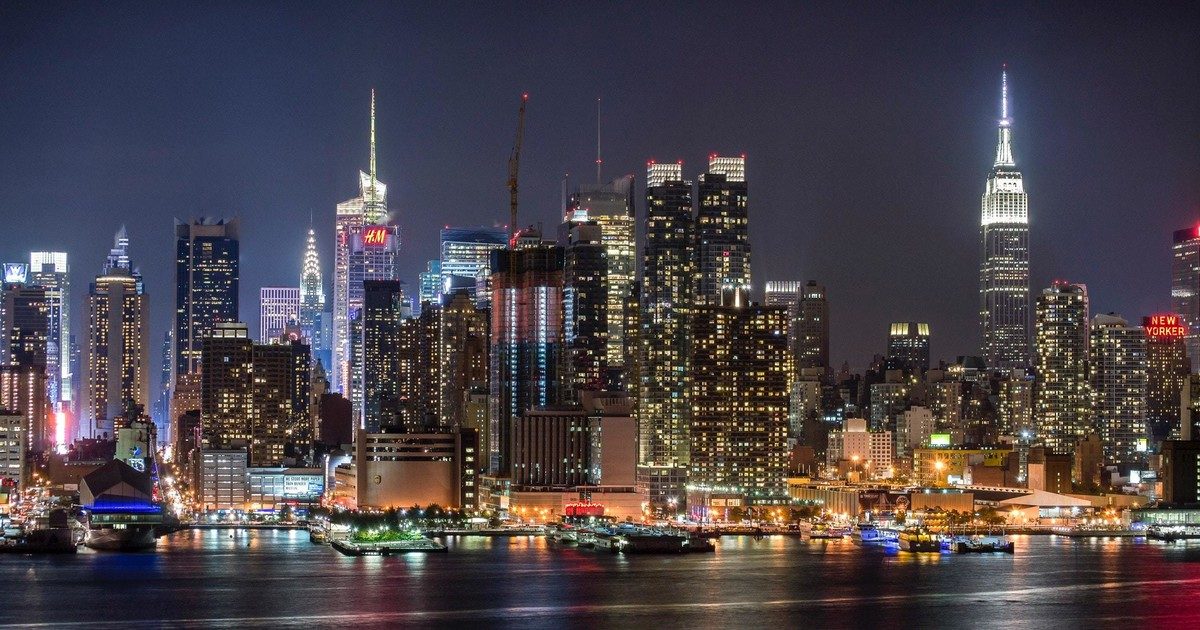I loved the class discussion that we had on Wednesday, as it was a nice way to end the semester and summarize the topics we’ve covered in class. After reading Andrea S. Boyles’s You Can’t Stop the Revolution, I was left with several questions. Boyles writes of the word “blackness” as having a negative connotation throughout history. She notes that newspaper articles describing the wrongful killing of Michael Browne include the words “it” and “daemon” when referencing him. Her point was particularly alarming to me. In the media, blacks (young black men) are continuously linked to criminality; Trayvon wore his hoodie, and newspaper articles highlight the “shady” background of these men as if it justifies their deaths. Boyles alludes to “feeding drugs” to inner city predominantly black neighborhoods. These arguments reminded me of the Sharkey and Massey/ Denton readings on white flight, segregation, and the formation of the inner city that we did earlier in the semester. When considering racism and injustice in cities, we should reflect on their origins. I have always thought that race is a social construction, which means that institutional racism was created as a means of social control. In Sharkey’s reading, he notes that cities were hubs where inequality thrived. The poor, racially diverse, and migrants would often live in the center where they could commute to work. By contrast, the wealthier white individuals would live on the outskirts of the city to escape its dirtiness. Similarly, later readings like the one by Massey and Denton describe the phenomenon known as white flight. Discriminatory housing policies would determine the racial makeup of cities. Realtors worked to exclude African Americans and “other” minorities through housing covenants. Whites flew to the suburbs at the arrival of a black family. Together, these events had devastating effects. “Blackness” is now associated with criminality. Blacks are much more likely to be incarcerated than whites for committing the same crime. Additionally, the War on Drugs led to the massive incarceration of young black men for minor drug offenses. Now, the United States is the leading country in prisons. I watched a Netflix documentary called 13th in which the director Ava Duvernay makes the bold claim that modern prisons are “a new form of slavery.” One possibility for the criminalization of young black men is society feels threatened by their presence and seeks to control black bodies. To exercise control over black youth, society then criminalizes them. Our cities are spaces where black youths are not safe. However, they can also be spaces for bonding together. My questions are: how has the term “blackness” created the conditions for wrongful shooting of black men? How does Society control black bodies, and why? Why does the media portray young black men as individuals to be feared? In other words, why link young black men with criminality? And finally, how can these effects be mitigated? How do communities come together to fight oppression and find order in chaos?
